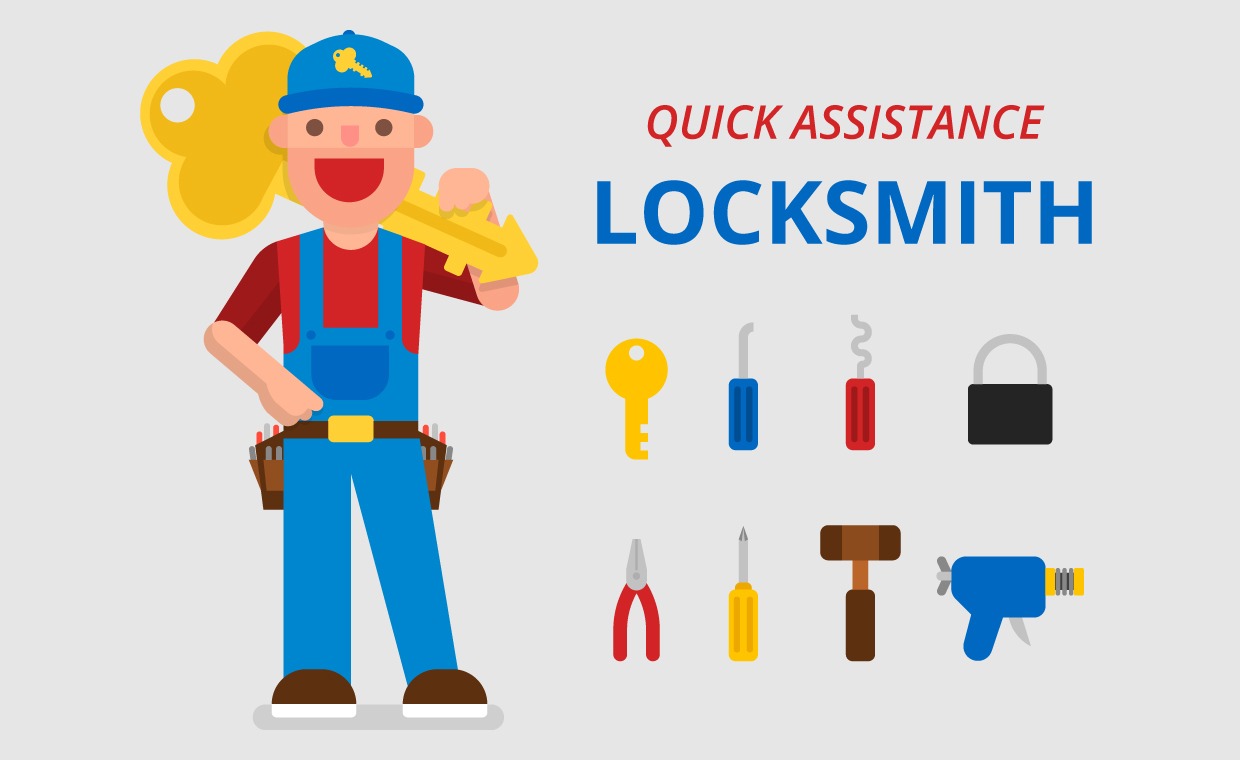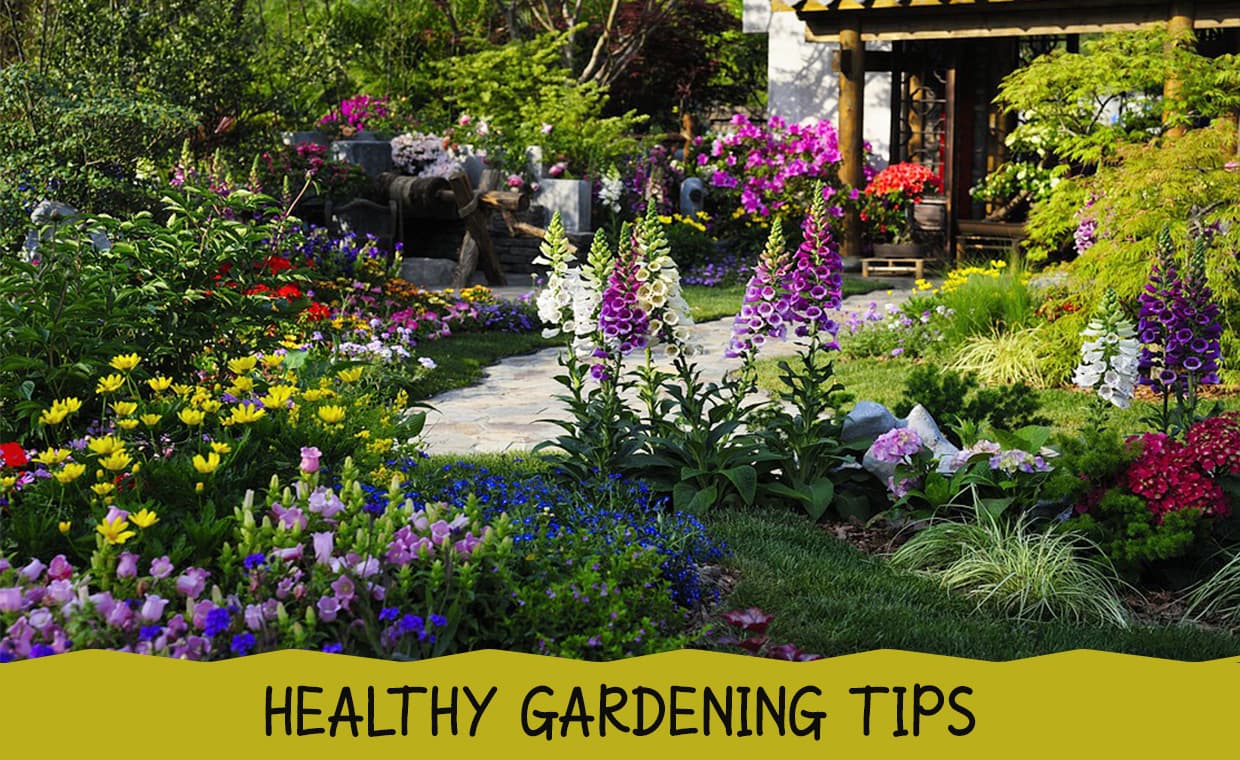
Does a baby bud on your rose plant make you extremely happy? Love spending a lazy afternoon in your beautiful garden? If yes, then you are definitely an avid gardener. But maintaining a healthy garden is more than just watering it regularly and ensuring enough sunlight. Even ignoring seemingly smaller aspects like eliminating weeds can lead to dying plants. Moreover, different plant species require different types of maintenance.
Paying attention to the nitty-gritty of plantation is crucial if you want a vibrant and colourful garden. To guide you, we have compiled some top-rated healthy gardening tips below. Follow them religiously, and you’ll have a greener garden in no time. Keep reading till the end, and you will get to know how to keep your garden healthy.
Healthy Gardening Tips
Tip 1: Ensure Your Plants are Healthy
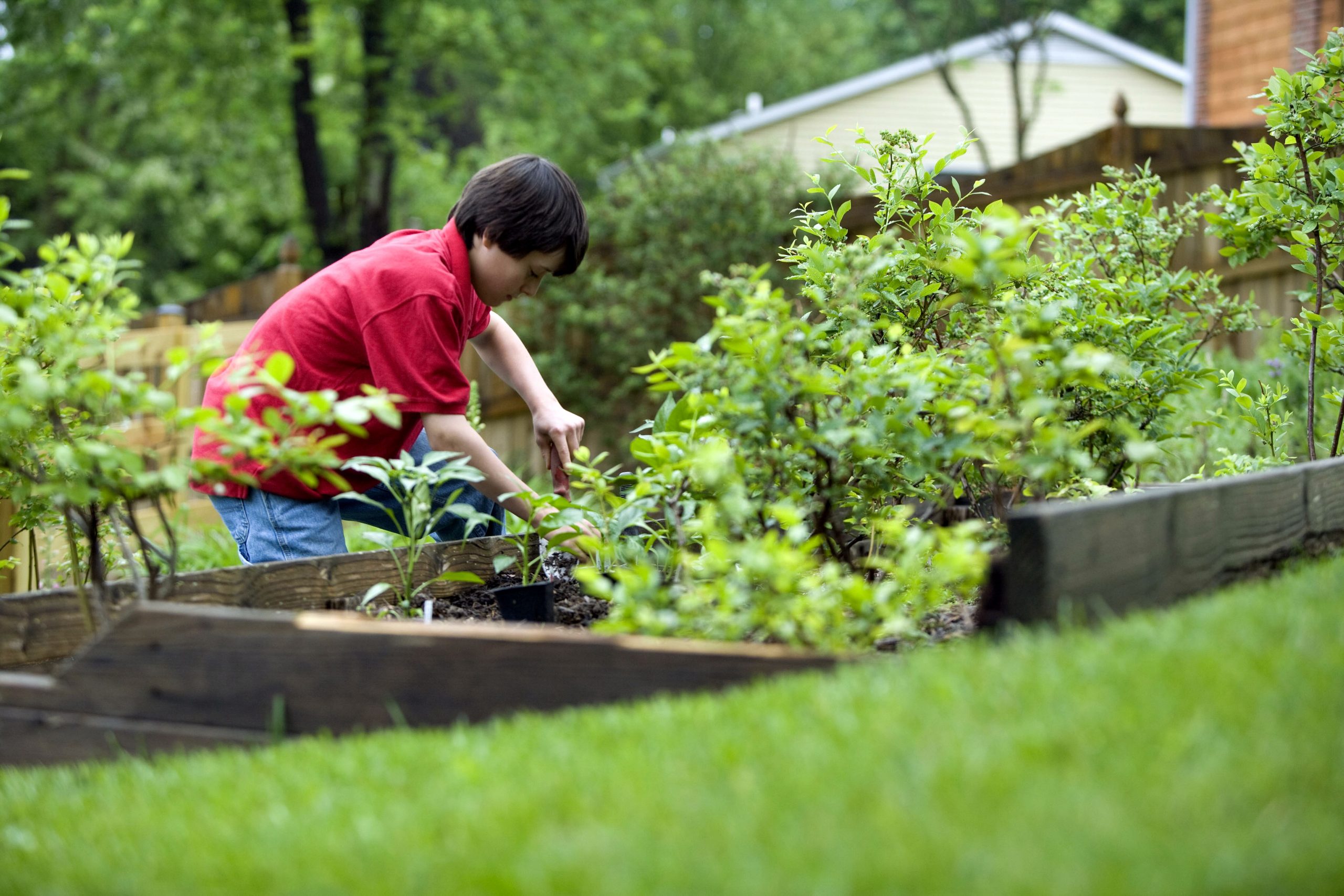
“One bad apple can spoil the barrel” – a saying you must keep in mind when gardening. Plant diseases and harmful bugs like aphids spread quickly. These usually enter your garden through new plants that you bring in from nurseries or wild forests, or parks. The risk increases with plants plucked from wild regions as they are more prone to rotting.
You must check your plants now and then and pay special attention to them right after planting something new. Try applying pesticides regularly if you spot any kind of plant disease or bugs like gnats and whiteflies moving around the garden.
Tip 2: Treat the Soil Regularly for Healthy Gardening
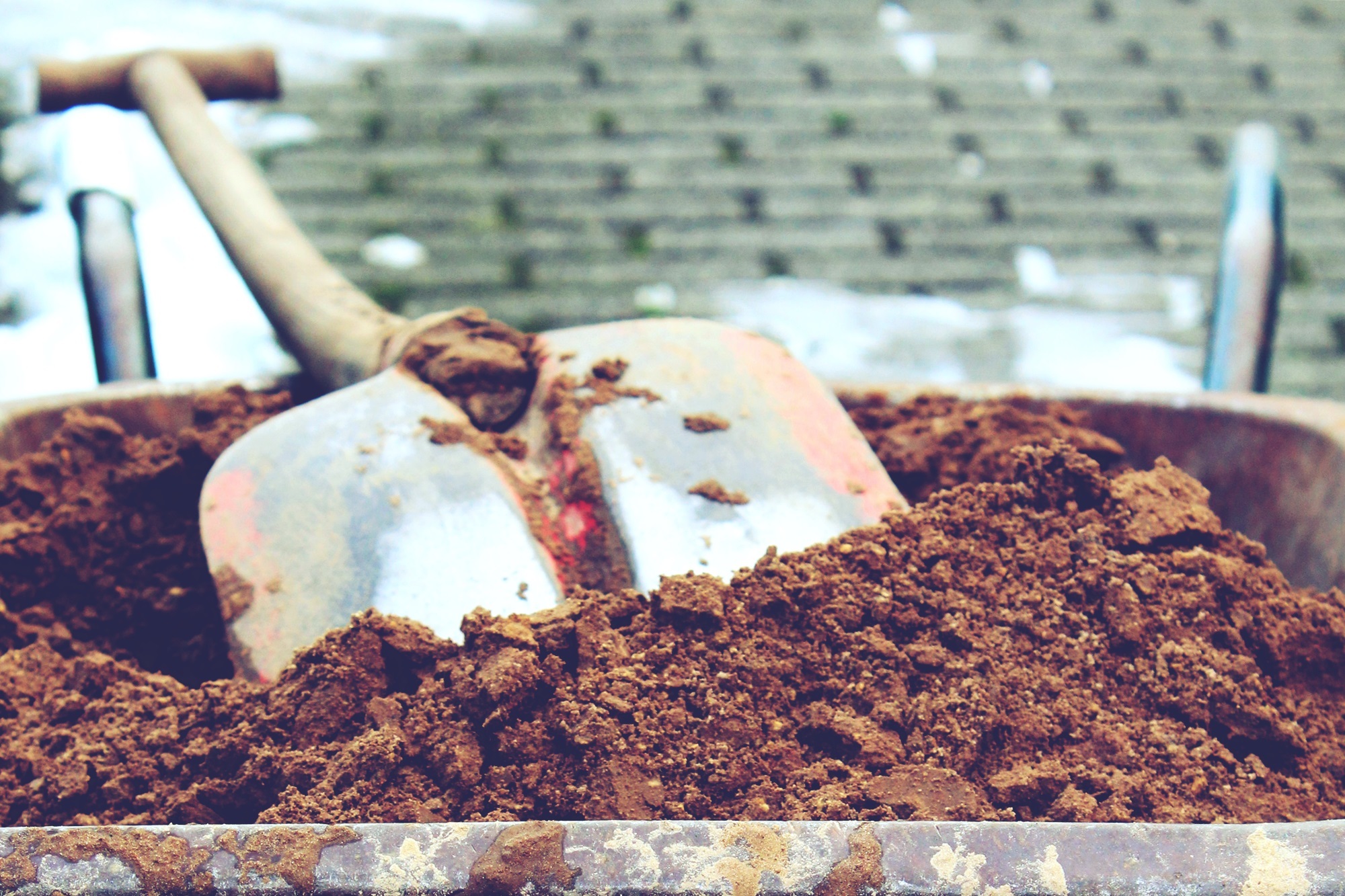
Your garden’s soil type deteriorates over time. If your garden has silt-sized soil, it will degrade faster than sand or clay-based ones. Keep refreshing your soil type once in a while, and your plants will remain healthy.
If your soil has degraded in quality, you can buy some from your local garden centre.
Mulching regularly also helps the soil retain moisture and avoid erosion. A leaf blower cum mulcher can help you mulch soil quickly by shredding the leaves and spreading them along the garden. Opt for a leaf blower that you can carry on your back for larger yards, while a small handheld one will be optimal for smaller gardens.
You should also fertilize your garden regularly but avoid overdoing it as it may stress your plants too much.
Tip 3: Maintain Your Plants for Healthy Gardening
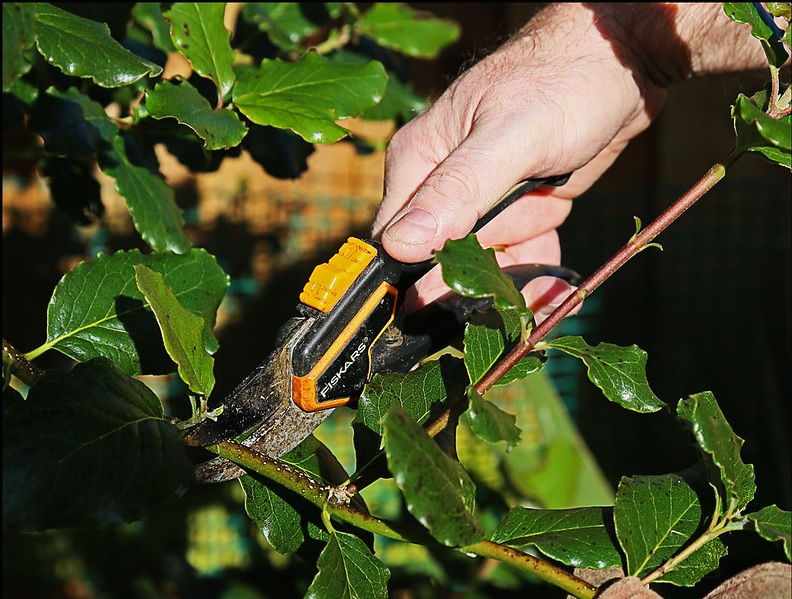
Rapid plant growth is a sign of a healthy garden, but overgrowth is not. You may need to prune your plants to allow space to grow more of them. If the blooms have grown old, deadhead them to make way for new growth.
You should also eliminate the plant’s unhealthy parts by culling them, making space for newer plants and flowers to flourish. Cutting unwanted parts of the plant can also enable you to find pests and help your flowers flourish.
Do you want to know which flower plants are right for your home garden? Check this blog, written by Gharpedia.
Tip 4: Get Rid of Weeds
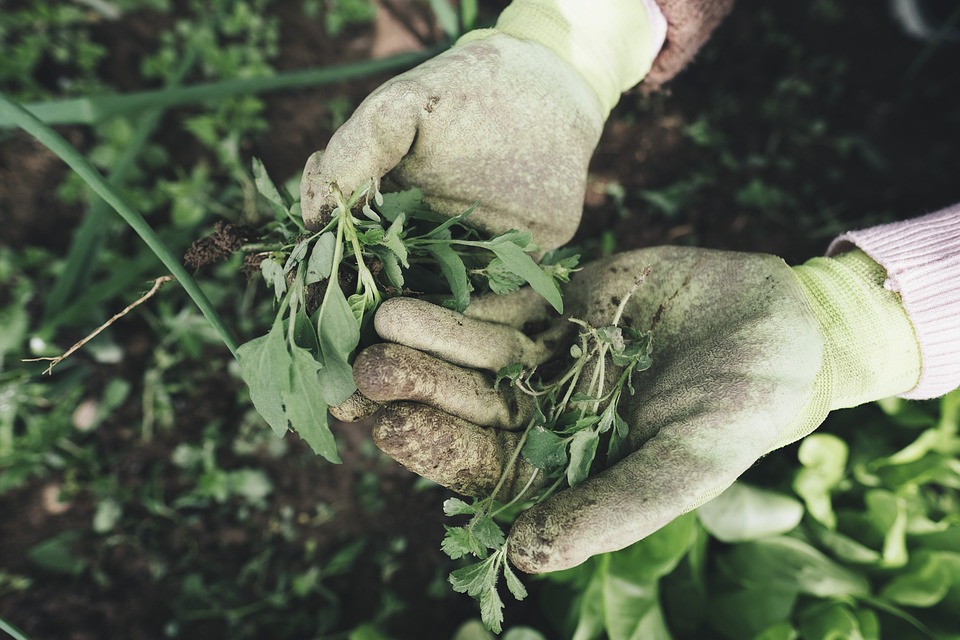
Weeds can kill your garden quicker than you’d imagine. These parasitic plants can take over your garden quickly and deprive your healthy plants of nutrients. You must kill them as soon as possible.
These unwanted plants also invite pests, so you must eliminate them at the earliest. Cut the weeds off using a handheld cutter now and then. You may need to do a proper weed treatment if they have taken over a large part of your yard. But once they are removed, you will have a far healthier garden to care for.
Having an unwanted weed can ruin your garden look as well as your mental piece. Not to worry, we have covered this point in detail, please click on the below link to keep your garden weed free!!
Tip 5: Fence Your Garden to Keep Your Garden Safe & Healthy
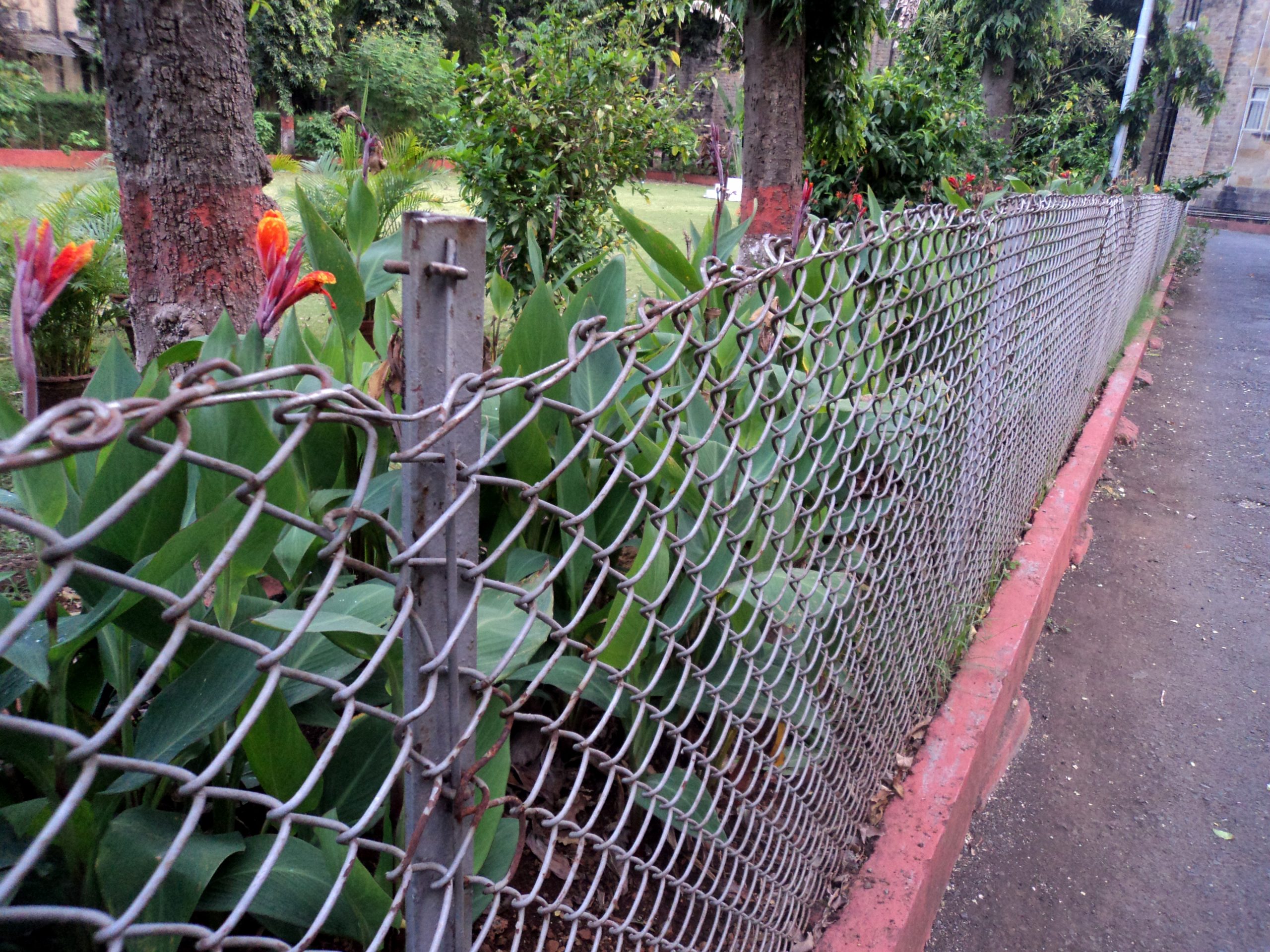
Fencing helps keep your garden safe from pets and other herbivore animals that can chew on healthy plants, destroying your garden’s look. A wire fence will ensure that proper sunlight reaches your garden while still ensuring their protection from animals. These fences can also keep garden pets and critters away. Wood fencing may block sunlight, which is essential to your outdoor plants, so avoid it whenever possible.
Tip 6: Use Companion Plants
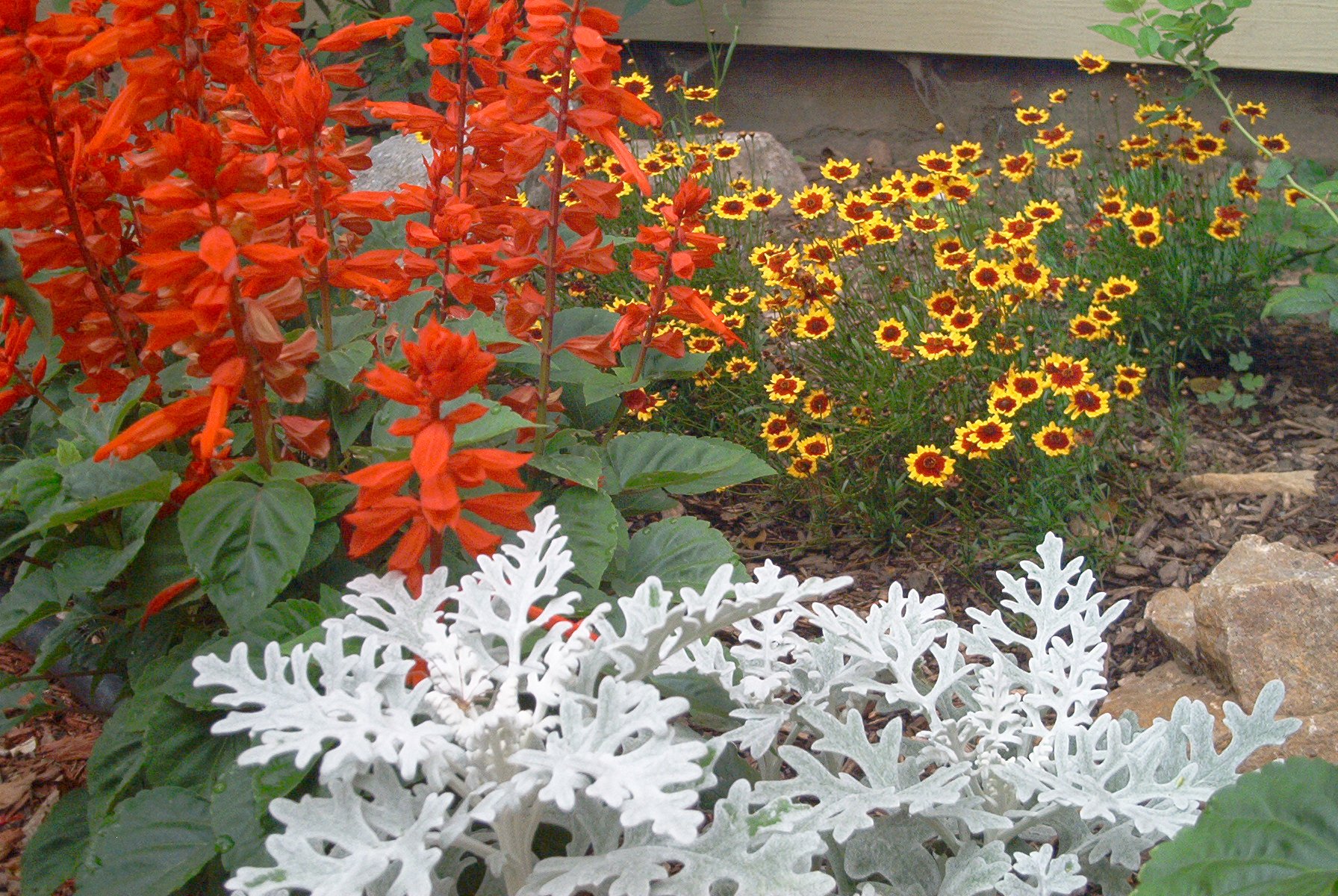
Grow companion plants together in the process of intercropping, where you grow crops with similar needs together to encourage pollinators to stay for longer and ward off pests easily.
These will also make a natural habitat for beneficial insects like ladybirds, increasing growth and productivity. The plants feed off each other, which helps keep the flower beds blooming for long.
Tip 7: Use fully Composted Yard Waste
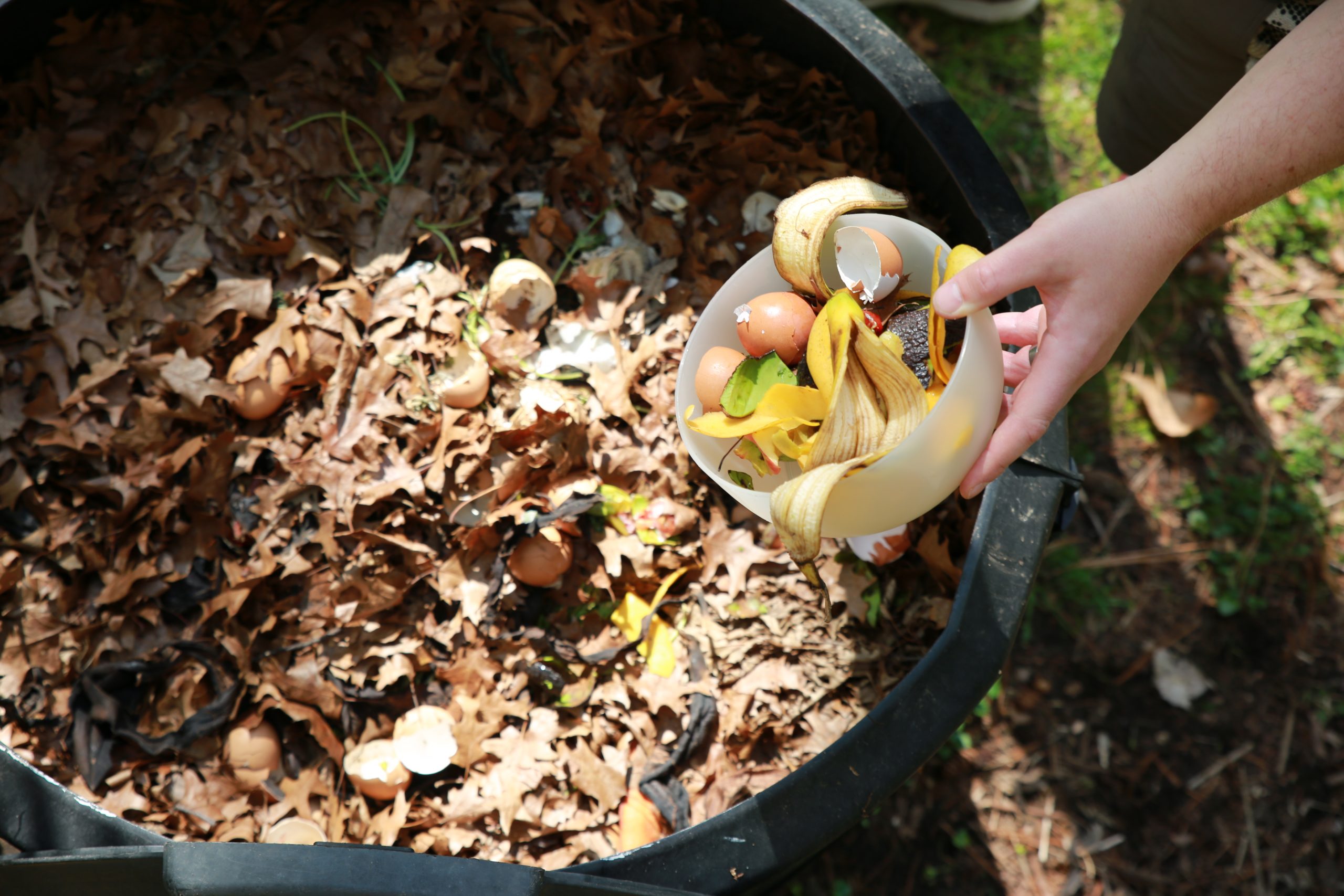
Some materials in your compost pile will decompose at a slower rate than others. Proper composting can help kill any pathogens in the compost by exposing them to high temperatures. If it hasn’t been done to some parts of your compost, it may introduce disease-causing pathogens to your garden. Avoid mulching sensitive plants using compost that you’re not sure has fully composted.
Conclusion
Following all of these healthy gardening tips regularly can help ensure that you have lesser work, and your garden produces healthy blooms all year long. The choice of plants and fertilizers is also integral to growing a healthy garden. Feel free to ask which plants will grow best in your area, and other tips in the comments. And if you need more tips to keep your garden healthy, let us know!
While maintaining your garden ensures that you do not make any mistake. We have a list of some common gardening mistakes that everyone does, but here we have listed those mistakes for you to avoid. Have a look before you leave.




























